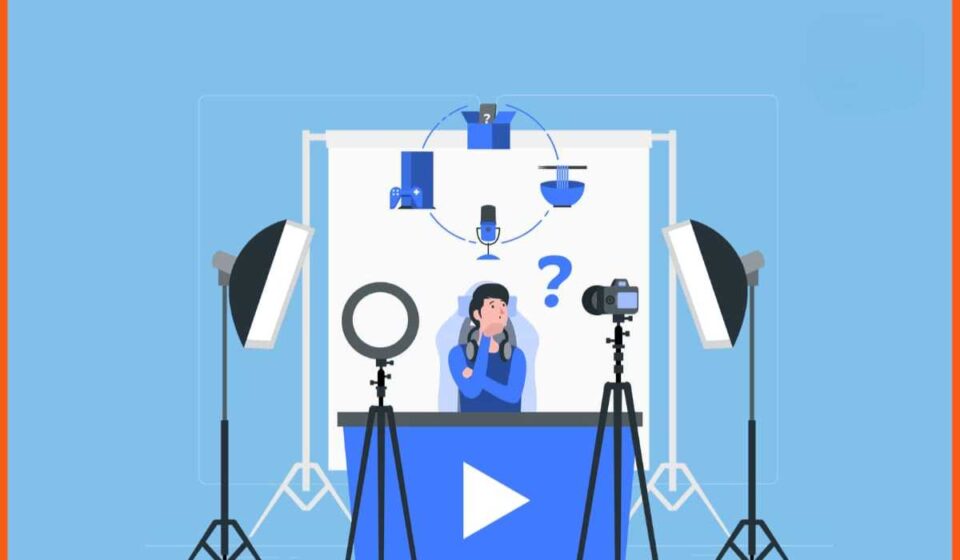The creator economy has rapidly become a powerful force in the world of marketing, with influencers and content creators playing a pivotal role in shaping how brands engage with their audiences. Platforms like TikTok, Instagram, and YouTube have provided creators with unprecedented access to massive audiences, allowing them to build loyal communities and influence consumer behavior. As businesses recognize the value of this new form of marketing, they are increasingly collaborating with creators to drive brand awareness, loyalty, and sales. Data shows that the creator economy is growing exponentially, with influencer marketing projected to become a $21.1 billion industry by 2024.
Successful influencer partnerships are built on authenticity and trust. Unlike traditional advertising, influencers have a direct connection with their audience, which gives their endorsements a level of credibility that many brands can’t achieve on their own. Businesses are now focusing on building long-term relationships with creators who align with their brand values and resonate with their target demographics. By allowing influencers the creative freedom to promote products in a way that feels organic, brands can tap into the influencer’s genuine connection with their followers, resulting in higher engagement and conversion rates.
Social media platforms have been key to scaling the creator economy, with algorithms and features designed to boost the visibility of creators. TikTok’s For You Page, Instagram’s Reels, and YouTube Shorts have all provided creators with opportunities to reach broader audiences through short-form video content. These platforms have also made it easier for brands to collaborate with creators through built-in tools for sponsored posts and direct-to-creator commerce. As a result, businesses of all sizes can now leverage influencer partnerships, from global brands to small startups.
Looking ahead, the future of the creator economy is set to be shaped by the rise of micro-influencers and the increasing emphasis on direct-to-creator commerce. Micro-influencers, with niche audiences and highly engaged followers, offer brands the opportunity to reach specific segments with tailored messages. Additionally, platforms are empowering creators to monetize their content more directly, enabling them to sell products and services without relying on traditional e-commerce platforms. This trend towards direct-to-creator commerce is giving rise to new business models and opportunities for creators to build their own brands in collaboration with companies.
In conclusion, the creator economy has revolutionized how brands market their products, shifting the focus from traditional ads to more authentic and engaging content. With influencers playing a central role in building brand loyalty and driving sales, businesses that effectively leverage these partnerships are poised for success in the digital age. As the industry evolves, we can expect to see more innovative collaborations and a growing emphasis on the power of micro-influencers and creator-driven commerce.


